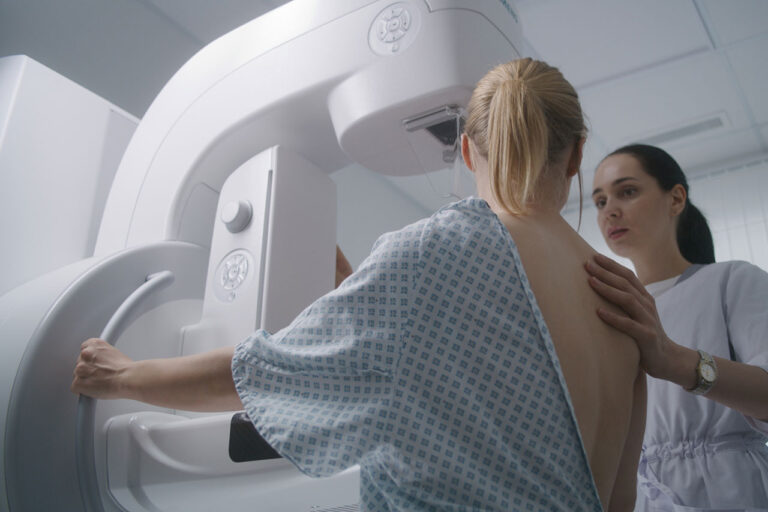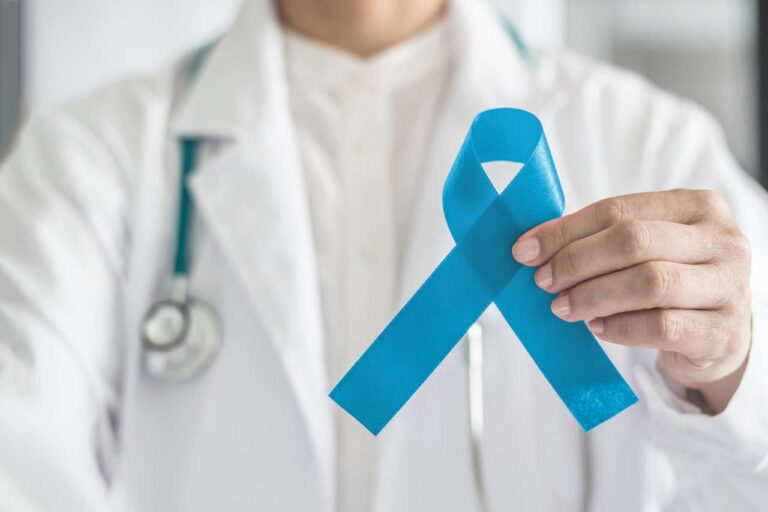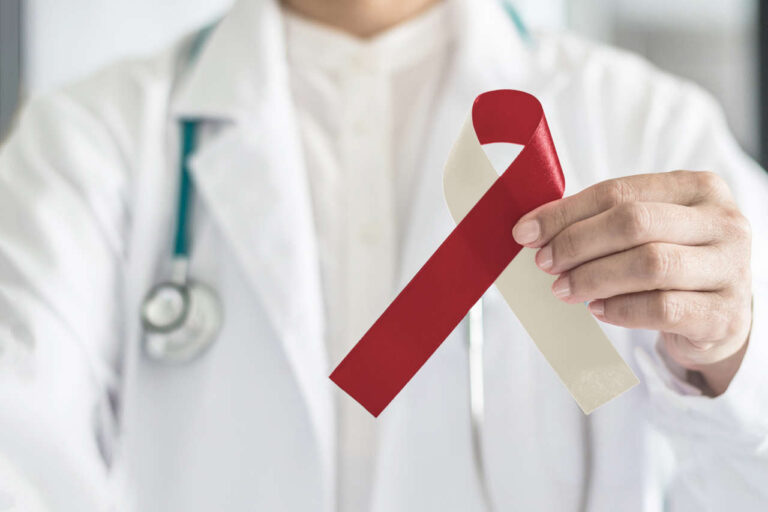
Breast, lung, and pancreatic cancer are some of the most prevalent cancers today. Abraxane is a chemotherapeutic drug that is used to combat advanced stages of these cancers. In recent years, this treatment has been promoted as a more favorable option by researchers and doctors because of its minimal side effects. However, it does have some adverse reactions, and it is important to take certain precautionary measures.
Consult a Chemotherapy Specialist
Get Chemotherapy Treatment AssistanceWhat Is Abraxane?
Abraxane, also known as paclitaxel protein-bound injectable, is an anticancer drug that is used alone or with other drugs to treat advanced cases of breast cancer, pancreatic cancer, and non-small cell lung cancer (NSCLC).
When surgery or radiation therapy is not an option for a patient with advanced non-small cell lung cancer, Abraxane can be combined with the cancer drug carboplatin to treat the metastatic disease. For metastatic pancreatic cancer treatment, Abraxane is used in combination with gemcitabine.
Paclitaxel is in the class of antineoplastics. Some reactions may occur during treatment with paclitaxel because it can affect the growth of healthy body cells. Only a doctor or a trained medical personnel should administer this medication.
What Is Abraxane Used For?
Abraxane is recommended:
- To treat breast cancer after failed chemotherapy or relapse within 6 months of adjuvant chemotherapy. The medication should only be used on patients who have previously received chemotherapy with an anthracycline drug unless the physician decides that it is not safe for the patient to take this medicine.
- For NSCLC Patients who are not eligible for curative surgery or radiation therapy. They can receive Abraxane treatment in combination with carboplatin as their first-line treatment.
- To combat metastatic pancreatic cancer in patients by combining Abraxane with gemcitabine as their first-line treatment.
Drug Dosage and Administration
It’s important that patients receive Abraxane therapy at clinics that have been certified to administer “cytotoxic” (cell-killing) medications. This is vital to avoid any complications from mishandling the medication.
Abraxane must not be substituted for or used with other medications that contain paclitaxel. This is because it is dosed and administered differently than other paclitaxel products.
Recommended Dosage for Pancreatic Cancer
Abraxane is administered intravenously every 4 weeks for pancreatic cancer treatment. The patient is to be given a dose of 125 mg per square meter of body surface area on days 1, 8, and 15 of each cycle. A dose of 1,000 mg of gemcitabine per square meter of the body’s surface area should be administered immediately after injecting Abraxane.
Recommended Dosage for Non-small Lung Cancer
Treatment for non-small cell lung cancer is administered in 3-week cycles. The recommended dosage of Abraxane is 100 mg per square meter of the body surface, which should be administered intravenously over 30 minutes on days 1, 8, and 15 of each cycle. Carboplatin should be administered on day 1 of each 3-week cycle immediately after Abraxane.
Recommended Dosage for Metastatic Breast Cancer
The recommended dosage of Abraxane for metastatic cancer is 260 mg per square meter of body surface area. This dosage should be administered intravenously over 30 minutes every 3 weeks.
Your dose of Abraxane will depend on many factors, including your weight, height, and general health or other medical conditions. Your doctor will recommend an appropriate dosage.
Get Chemotherapy Copay Assistance
Chemotherapy Financial AssistanceHow Does Abraxane Work?
Normal cells undergo cell inhibition – a process whereby the cells stop dividing when they come in contact with other cells. Cancerous cells, on the other hand, do not undergo this process. They do not have the ability to control and limit division.
The efficacy of any cancer therapy is dependent on its ability to halt cancerous cells that are actively dividing. Abraxane contains an active ingredient, paclitaxel (protein bound), that can inhibit cell division.
Paclitaxel is a chemotherapy drug belonging to the group of plant alkaloids known as taxanes. These plant alkaloids are cell-cycle specific, meaning they affect cells when they are actively dividing. Usually, cells have microtubules that aid their division. Paclitaxel acts as an antimicrotubule agent – it inhibits these microtubules within the cells, causing the cells to die.
Side Effects

Critical side effects include:
- Severely decreased white and red blood cell counts, leaving patients vulnerable to infections and anemia
- Lung or breathing problems
- Unusual bleeding, bruising, or weakness
- Allergic reactions such as itching or hives, swelling in the face or hands, swelling or tingling in the mouth or throat, chest tightness, trouble breathing
- Fever, chills, cough, sore throat, or body aches
- Numbness, tingling, or burning pain in your hands, arms, legs, or feet
- Ongoing vomiting or diarrhea, extreme thirst
Less critical side effects include:
- Joint or muscle pain
- Hair loss
- Pain, itching, burning, swelling, or a lump under your skin where the needle is placed
- Diarrhea, nausea, or vomiting
The reactions you may notice are not limited to these side effects. Keep in mind that these side effects will most likely improve with treatment. In any case, you should let your doctor know if you have any concerns.
Precautions and Possible Risks to Pregnancy
- Be sure to talk to your doctor before taking any kind of immunization or vaccination while taking paclitaxel.
- Talk to your doctor about whether you can take grapefruit while receiving Abraxane therapy. Paclitaxel blood concentrations may be increased when taken with grapefruit or its juice.
- Abraxane can endanger your unborn child if you are expecting or want to become pregnant. Before beginning Abraxane therapy, your healthcare professional will perform a pregnancy test on you. During therapy and for at least 6 months following the final dosage of Abraxane, women should refrain from getting pregnant and use an effective form of birth control (contraception). Discuss birth control options with your doctor.
- Be sure to inform your doctor about any over-the-counter medications, herbal remedies, and vitamins you are taking.
- If you’re a man, you should abstain from fathering children and use reliable birth control (contraception) throughout your therapy and for at least 3 months following your final Abraxane dose.
- Your ability to become pregnant could be affected by Abraxane’s potential to create reproductive issues in both males and females. If this worries you, discuss it with your doctor.
Speak to a Specialist
About Copay AssistanceCost
The average retail cost of Abraxane varies depending on the pharmacy and is typically around $10,549.22. Your location, insurance, and healthcare plan are just a few of the variables that affect the exact price you pay for the medication.













